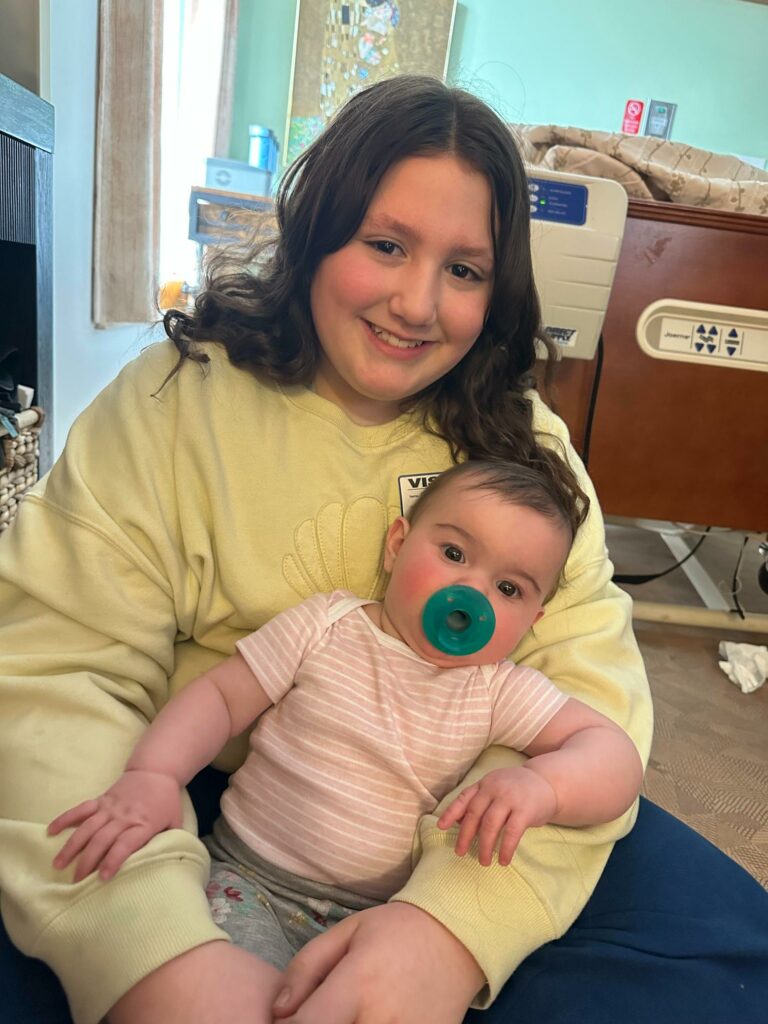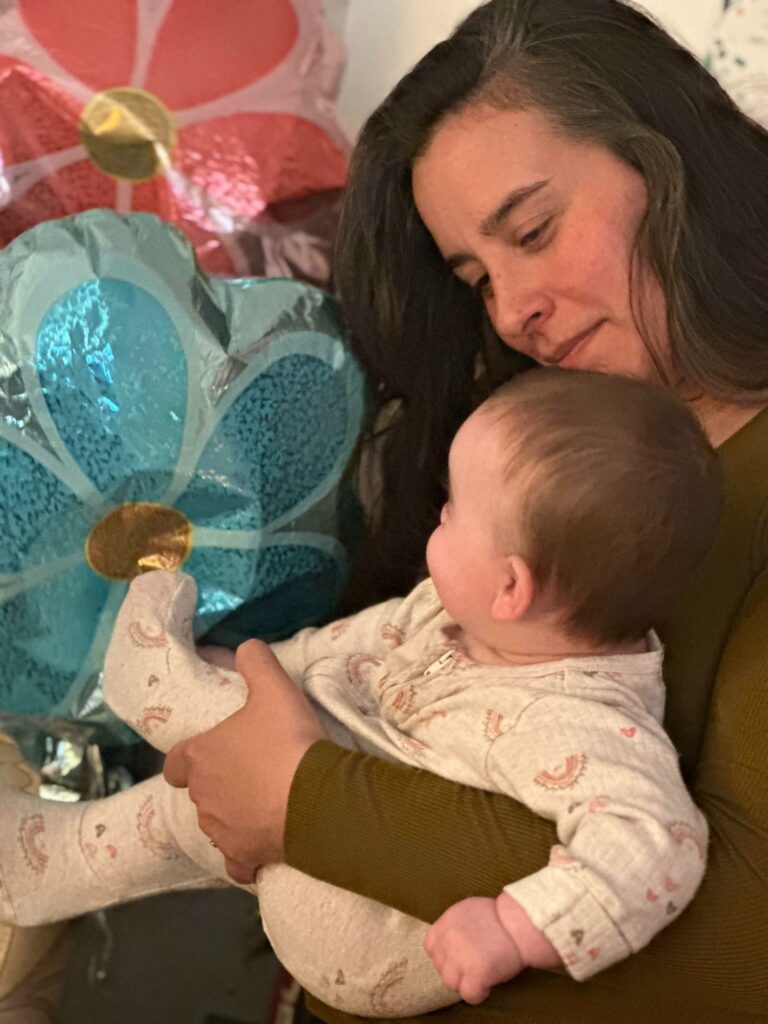Coming Up: Shavuot

Reflections on Shiva, Grief, and Uncle Stu
My uncle, Stuart Dolnick, passed away last Sunday. He lost his battle with glioblastoma after a long and hard fight—living more than twice as long as the doctors originally thought he would. His strength was remarkable, and his presence in our lives, unforgettable.
Remembering Uncle Stu
To honor his memory, I want to share a little about who my uncle was and what he meant to me and our family.
Uncle Stu was fun. He always had a joke ready and truly wanted to connect with everyone he met. He was inquisitive, warm, and deeply interested in the lives of others. I was lucky to be part of his inner circle.
For the early years of my life, we lived above him in his duplex on the West Side. When my mom remarried, we moved across the street. A few years later, when he and my aunt moved to Glendale, we followed soon after—only a few blocks away. Their home became a second home to me. I was always welcome, always included, always loved.
My children were also fortunate to know Uncle Stu. They even visited him during his time in hospice. The Tuesday before he passed, my daughter Miriam, who’s just 11, said to me in the morning, “Mom, we should go see him after school today.” Even though he had already mostly stopped talking, she understood. We sat with him for about an hour. We talked. She watched over us as we cared for him, gently and lovingly. That moment will stay with me forever.
The Jewish Rhythms of Mourning
In Judaism, the mourning process has a rhythm. After someone passes, the burial follows quickly. From there, the focus shifts to the mourners. This structure—the rituals and traditions—offers comfort and a sense of movement through grief.
One of the first steps is the Seudat Havra’ah, or meal of consolation, which is traditionally provided by friends or community—not the mourners themselves. It marks the beginning of mourning and offers a first moment of nourishment and connection. After this, Shiva—the seven days of mourning—begins. It’s not easy, but the rhythm helps. And being surrounded by comfort, food, and community reminds us we are not alone.
Grieving Together
For my family, this past week was emotional and also grounding. We watched home movies, flipped through old photos, and shared stories—not just about Uncle Stu, but also our grandparents, great-aunts and uncles, and so many others who came before us. It reminded us of what matters most.
There are also photos we’ve been looking at—of Uncle Stu, of course, but also of his incredible granddaughter Maxine. He never would have had the joy of knowing her if he hadn’t fought as hard and lived as long as he did. Some of these pictures show the youngest among us—Maxine’s mom, his daughter—holding her, and me beside them. It was a beautiful thing, to be able to bond in that way during this time, to hold new life even as we said goodbye. It reminded us of the full circle of love, family, and legacy.
It probably won’t surprise anyone that I made sure people were fed. I cleaned up. I made sure things ran smoothly. That’s just how I show love. Some people ask how I have “so much energy”—but this is what we do for family.
As I left my parents’ house last night, knowing Shiva was over and the house would no longer be full of visitors, I felt a deep sadness. My cousins will return home to Madison and their full, beautiful lives. But this time together reminded us how much we love being around each other. It also reminded us of a pact we made years ago—after losing their mother and our grandfather—to do monthly Shabbat dinners with the extended family. We kept that tradition going strong until COVID paused everything. Now feels like the right time to start again.
Why I Love What I Do
People often ask me what I love about my job. And it may sound strange, but I often say catering Shivas is one of my favorite parts. Some are surprised by that. But many understand.
It’s not about money—let’s be honest, no one is catering in today’s world for the money. It’s hard work. But being there for people at their lowest, helping them feel seen, cared for, and not alone—that’s incredibly meaningful.
I’ve catered more Shivas than I can count. Each one is different. Each one teaches me something. I’ve reconnected with friends I hadn’t seen in over 20 years. I’ve received texts saying, “This was one of the hardest days of my life, but when I came home and saw the food, I felt taken care of.” Others have told me, “I was in a panic and didn’t know what to do when my loved one died—and I thought, ‘Call Hannah. She’ll know what to do.’” And I did. That trust means everything to me.
May His Memory Be a Blessing
צבי בן שמואל וחוה — May his memory be for a blessing, always.
Love you, Uncle Stu.









